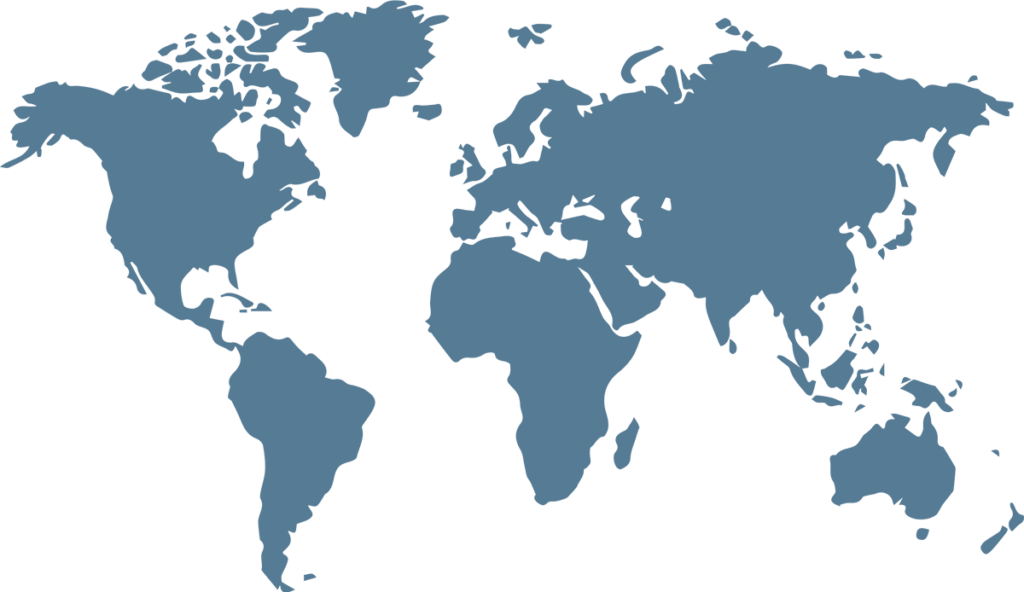Staff Reporter
Efforts to ensure availability and sustainable management of water and sanitation for all by 2030, have to be dramatically accelerated if the world is to achieve the sixth sustainable development goal (SDG).
According to a new report by WHO and UNICEF Joint Monitoring Programme (JMP), billions of people around the world will not be able to access safely managed household drinking water, sanitation and hygiene services in 2030 unless the rate of progress quadruples.
“Only 81 per cent of the world’s population will have access to safe drinking water at home, leaving 1.6 billion without; Only 67 per cent will have safe sanitation services, leaving 2.8 billion without; and only 78 per cent will have basic handwashing facilities, leaving 1.9 billion without,” stated the report.
It also notes vast inequalities with vulnerable children and families suffering the most. To achieve universal access to safely managed drinking water by 2030, the current rate of progress in the Least Developed Countries would need to increase ten-fold. In fragile contexts, where people were twice as likely to lack safe drinking water, it would need to accelerate by a factor of 23
UNICEF Executive Director Henrietta Fore, urged the world to double its efforts in addressing the WASH situation.
“Despite our impressive progress to date to scale-up these lifesaving services, the alarming and growing needs continue to outstrip our ability to respond. The time has come to dramatically accelerate our efforts to provide every child and family with the most basic needs for their health and well-being, including fighting off infectious diseases like COVID-19,” she said.
In 2020, around 1 in 4 people lacked safely managed drinking water in their homes and nearly half the world’s population lacked safely managed sanitation. COVID-19 has highlighted the urgent need to ensure everyone can access good hand hygiene. At the onset of the pandemic, 3 in 10 people worldwide could not wash their hands with soap and water within their homes.
The report also highlighted that eight out of 10 people without basic water services lived in rural areas, safely managed sanitation services reached 62 per cent of the world’s urban population, but only 44 per cent of its rural population.
Sub-Saharan Africa was reported to be experiencing the slowest rate of progress in the world with only 54 per cent of people using safe drinking water, and only 25 per cent in fragile contexts. Emerging data on menstrual health show that, in many countries, a significant proportion of women and girls are unable to meet menstrual health needs, with significant disparities in particular among vulnerable groups, such as the poor and those with disabilities.

